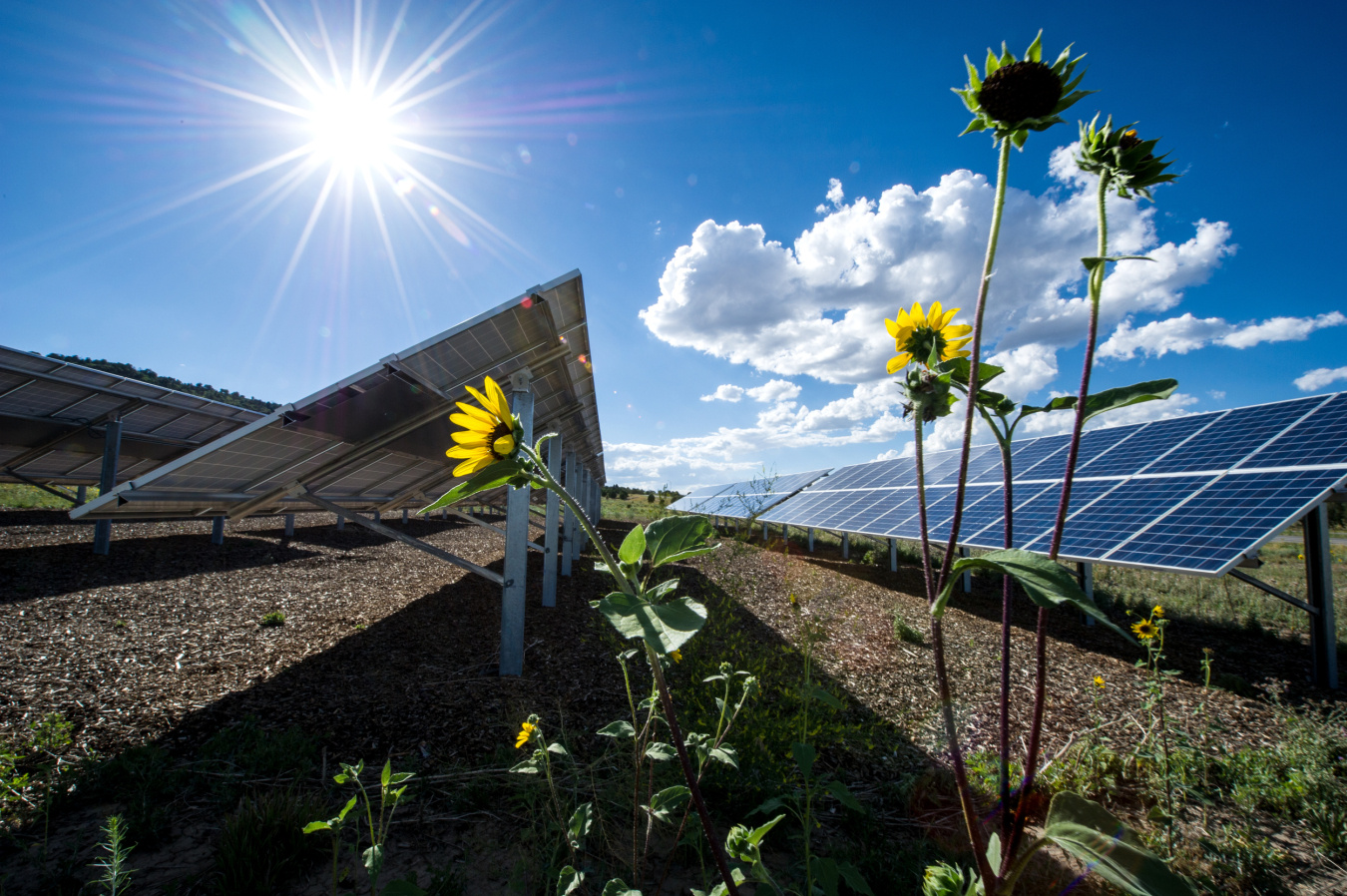Energy Efficiency and Renewable Energy
Energy efficiency is the use of
less energy to perform the same task or produce the same result.
Energy-efficient homes and buildings use less energy to heat, cool, and run
appliances and electronics, and energy-efficient manufacturing facilities use
less energy to produce goods.
Energy efficiency is one of the easiest and most cost-effective
ways to combat climate change, reduce energy costs for consumers, and improve
the competitiveness of businesses. Energy efficiency is also a vital
component in achieving net-zero emissions of carbon dioxide through
decarbonization.
While Renewable energy also offers numerous economic, environmental, and social advantages. These include; Reduced carbon emissions and air pollution from energy production, Lower energy costs, Expanded energy access for remote, coastal, or isolated communities etc
- Demand Side Management of Energy
Use in SMEs in Uganda
- Promoting Low carbon production in Uganda
Research Projects include;
- Institutionalization of Energy Efficiency in Uganda in partnership with University College, London (UCL)
- Potential for bottled Biogas for Clean Cooking in Uganda in partnership with University of Surrey, UK
- Agro-Industries and Clean Energy in Africa in partnership with UCL, UK
- Fostering Renewable and Sustainable Energy in Africa

Demand Side Management of Energy Use in SMEs in Uganda.
The project was implemented by the Ministry of Trade Industry and Cooperatives(MTIC) in partnership with Uganda Cleaner Production Centre (UCPC) with support from European Union (EU) and United Nations Environment Programme (UNEP) under the Switch Africa Green (SAG) pilot phase. This project was piloted in 20 selected enterprises from different regions across Uganda.
The
overall objective of the project was to improve energy productivity and reduce
adverse environmental impacts through adoption and implementation of energy
efficient techniques and practices in MSMEs in the manufacturing sector.
Overall impact of the Project
- The project triggered private sector investment of USD 279,934 in energy efficiency techniques
- Overall annual energy saving of 11,351,600 kWh Equivalent ,
- Monetary annual saving of USD 204,000
- Reduction in GHG emissions of 9,893tons CO2 Equivalent.
Promoting Low carbon production in Uganda
The implementation of the project involved training of national experts together with technical staff of the enterprises that were participating in the project. The training of technical staff of enterprises helped build internal capacity of the enterprises. In-depth Assessments were carried out and a number of improvement measures were identified.
Promotion of low carbon production in the agro-industry in Uganda significantly resulted in a number of benefits including: improved productivity, improved environmental performance; decreased pollution and emission levels caused by inefficient technologies and management practices; increased use of renewable energy and enhanced quality of environment.
